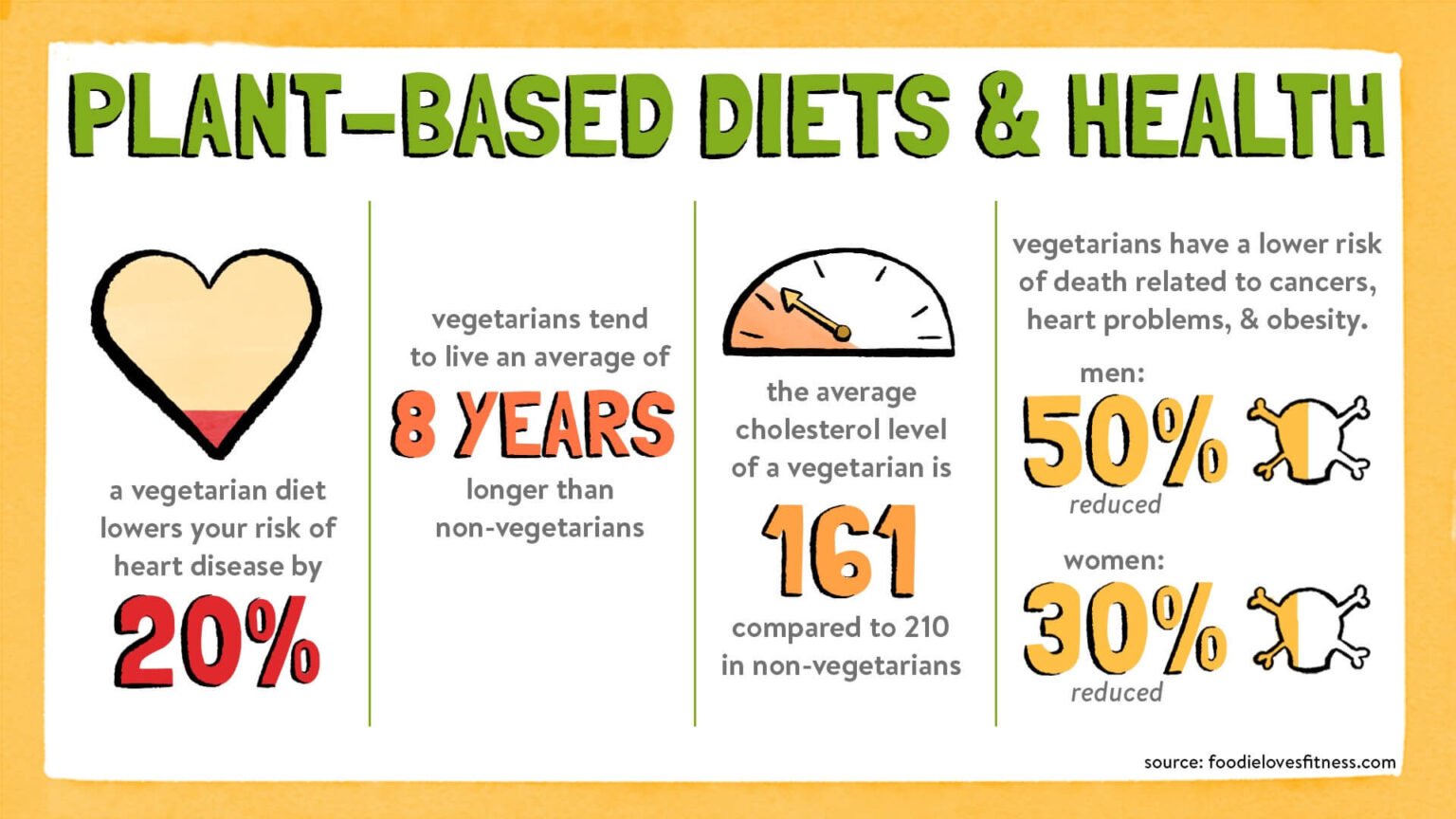[The Vegan Advantage: Unlocking The Secrets To Longevity]

Executive Summary

This article delves into the potential benefits of a vegan lifestyle for longevity. We explore the scientific evidence surrounding the relationship between plant-based diets and increased lifespan, examining factors like reduced risk of chronic diseases, improved cardiovascular health, and enhanced cellular function. Through this analysis, we aim to shed light on the powerful connection between veganism and longevity, providing valuable insights for those seeking a healthier and longer life.

Introduction
The pursuit of longevity is a universal human desire. In recent years, the vegan lifestyle has emerged as a potential pathway to achieving a longer and healthier life. This growing interest in plant-based diets stems from accumulating research highlighting their potential health benefits, particularly in reducing the risk of chronic diseases associated with aging. This article will delve into the science behind the vegan advantage, exploring how a well-planned vegan diet can contribute to a longer and more fulfilling lifespan.
What is a vegan diet?
A vegan diet is a plant-based dietary pattern that excludes all animal products. This means avoiding meat, poultry, fish, eggs, dairy products, and any other ingredients derived from animals. Instead, vegans focus on consuming a wide variety of fruits, vegetables, legumes, grains, nuts, and seeds.
Here are some FAQs about vegan diets:
Is a vegan diet healthy? A well-planned vegan diet can be incredibly healthy, providing all the essential nutrients your body needs. It’s crucial to ensure you consume a diverse range of plant-based foods to meet your nutritional requirements.
What are the benefits of a vegan diet? Beyond its positive impact on animal welfare, a vegan diet offers numerous health benefits, including reduced risk of heart disease, type 2 diabetes, certain cancers, and obesity.
How do I get enough protein on a vegan diet? Many plant-based foods are excellent sources of protein, including legumes, tofu, tempeh, quinoa, and lentils. Combining different plant-based protein sources throughout the day ensures you meet your protein needs.
Reduced Risk of Chronic Diseases
Chronic diseases are a leading cause of mortality worldwide. Studies have consistently shown that a vegan diet can significantly reduce the risk of developing several major chronic conditions, including:
Heart Disease: Plant-based diets are typically low in saturated fat and cholesterol, while being rich in fiber, potassium, and antioxidants. These factors contribute to lowering blood pressure, reducing LDL cholesterol (bad cholesterol), and improving overall cardiovascular health.
Type 2 Diabetes: Vegan diets are often low in glycemic index, which means they don’t cause rapid spikes in blood sugar levels. This helps regulate blood sugar control and reduce the risk of developing type 2 diabetes.
Certain Cancers: Some research suggests that a vegan diet may lower the risk of certain cancers, including colorectal, breast, and prostate cancer. This is likely due to the abundance of antioxidants, fiber, and anti-inflammatory compounds in plant-based foods.
Obesity: Vegan diets tend to be lower in calories and fat than omnivorous diets, making them beneficial for weight management. The high fiber content in plant-based foods also promotes satiety, helping individuals feel fuller for longer.
Improved Cardiovascular Health
Cardiovascular disease is a leading cause of death globally, and a vegan diet has been linked to improved cardiovascular health.
Lower Blood Pressure: Vegan diets are often low in sodium and high in potassium, which are key factors in reducing blood pressure.
Reduced LDL Cholesterol: Plant-based diets can significantly lower LDL cholesterol levels, reducing the risk of atherosclerosis (hardening of the arteries).
Improved Blood Sugar Control: Vegan diets can help regulate blood sugar levels, which is beneficial for individuals with both type 1 and type 2 diabetes.
Reduced Inflammation: Plant-based diets are rich in antioxidants and anti-inflammatory compounds, which help reduce inflammation throughout the body, including in blood vessels.
Enhanced Cellular Function
A vegan diet can contribute to enhanced cellular function through its impact on various aspects of cellular health:
Increased Antioxidant Capacity: Plant-based diets are abundant in antioxidants, which protect cells from damage caused by free radicals.
Improved Mitochondrial Function: Vegan diets have been linked to improved mitochondrial function, which is essential for energy production and cellular health.
Reduced Cellular Inflammation: The anti-inflammatory properties of plant-based foods can help reduce cellular inflammation, which is a key driver of aging and disease.
Improved DNA Repair: Some studies suggest that vegan diets may enhance DNA repair mechanisms, helping to protect against mutations and cellular damage.
Longevity Genes
The relationship between veganism and longevity may extend beyond the direct health benefits. Studies are beginning to explore the impact of vegan diets on longevity genes.
Sirtuins: These genes are involved in regulating metabolism, inflammation, and cellular aging. Some research suggests that a vegan diet may activate sirtuins, contributing to a longer lifespan.
mTOR Pathway: This pathway plays a critical role in regulating cell growth and metabolism. Restricting calories, which is often associated with vegan diets, can activate mTOR, potentially extending lifespan.
Telomeres: Telomeres are protective caps on the ends of chromosomes that shorten with age. A vegan diet may contribute to the maintenance of telomere length, potentially slowing down the aging process.
Epigenetics: Epigenetics involves changes in gene expression that are not caused by alterations in DNA sequence. Vegan diets may influence epigenetic modifications, affecting longevity and health.
Conclusion
The vegan advantage for longevity is a compelling area of research with growing evidence. While more studies are needed to fully understand the mechanisms at play, a well-planned vegan diet appears to offer several benefits that can contribute to a longer and healthier life. From reducing the risk of chronic diseases to enhancing cellular function and potentially influencing longevity genes, a plant-based lifestyle presents a promising approach to improving overall health and increasing lifespan. As we continue to uncover the secrets to longevity, the vegan advantage will undoubtedly play an increasingly significant role.
Keyword Tags
- Vegan diet
- Longevity
- Chronic diseases
- Cardiovascular health
- Cellular function